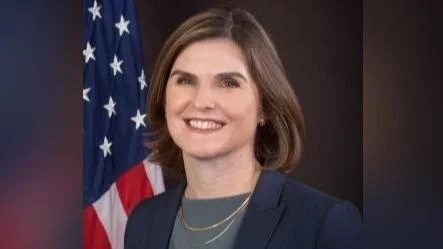The modern tradition of Catholic social teaching (CST) began with Pope Leo XIII and continues under the leadership of Pope Leo XIV. This body of principles is intended to guide the establishment of a just social order, particularly in times of global conflict and technological change.
Catholic social teaching extends beyond religious boundaries and is accessible to all people who wish to engage with its philosophy. It focuses on core principles such as the common good, human dignity, subsidiarity, and solidarity. The tradition aims to bridge political divides and unite diverse groups in addressing complex societal issues.
Recently, economist Jeffrey Sachs discussed CST's impact on a podcast titled "Catholic in America." Sachs, who has advised Popes John Paul II and Francis on social encyclicals, views CST as a valuable contribution from the church to society. He encourages Catholics to share these teachings openly due to their universal truth.
Pope Francis consulted Sachs during the development of his encyclical “Laudato Si’,” which addressed environmental stewardship through CST principles. This document introduced integral ecology, emphasizing interconnectedness between humans and nature.
Sachs highlighted that both economics and ecology derive from the Greek word oikos, meaning household. He argued that economic systems should prioritize family well-being while promoting justice and environmental care globally.
“Laudato Si’” targets not only Catholics but also people of goodwill worldwide. It continues influencing diverse perspectives on environmental responsibility ten years after its release.
Before Pope Leo XIV's election, Sachs recorded a conversation discussing CST’s relevance today. In his May 16 address to papal diplomats, Pope Leo XIV emphasized peace through justice based on truth. He stated: “It is the responsibility of government leaders to work to build harmonious and peaceful civil societies."
The pope advocates for family investment as foundational for society while urging respect for every individual's dignity—especially vulnerable populations like the unborn or elderly—and emphasizes inclusive treatment across citizenry lines regardless of status or origin.
Pope Leo XIV echoes Francis by presenting CST’s comprehensive philosophy aimed at achieving just societal structures rooted in familial bonds alongside personal dignity recognition—a message resonating amid current political polarization challenges faced globally today where hope can be found within this framework offered by Catholic teachings themselves according non-Catholics' encouragements such those expressed by figures like Sachs himself throughout various public discussions recently held about these topics overall recently too thereby suggesting potential pathways forward might exist if explored further together collaboratively moving ahead into future scenarios yet unfolding still perhaps soon enough eventually ultimately later down line somewhere somehow eventually someday possibly hopefully sooner rather than later ideally perhaps maybe indeed yes!
Jason Adkins hosts "Catholic in America," exploring faithful citizenship themes available via major podcast platforms including catholicinamerica.osvpodcasts.com
 Alerts Sign-up
Alerts Sign-up






